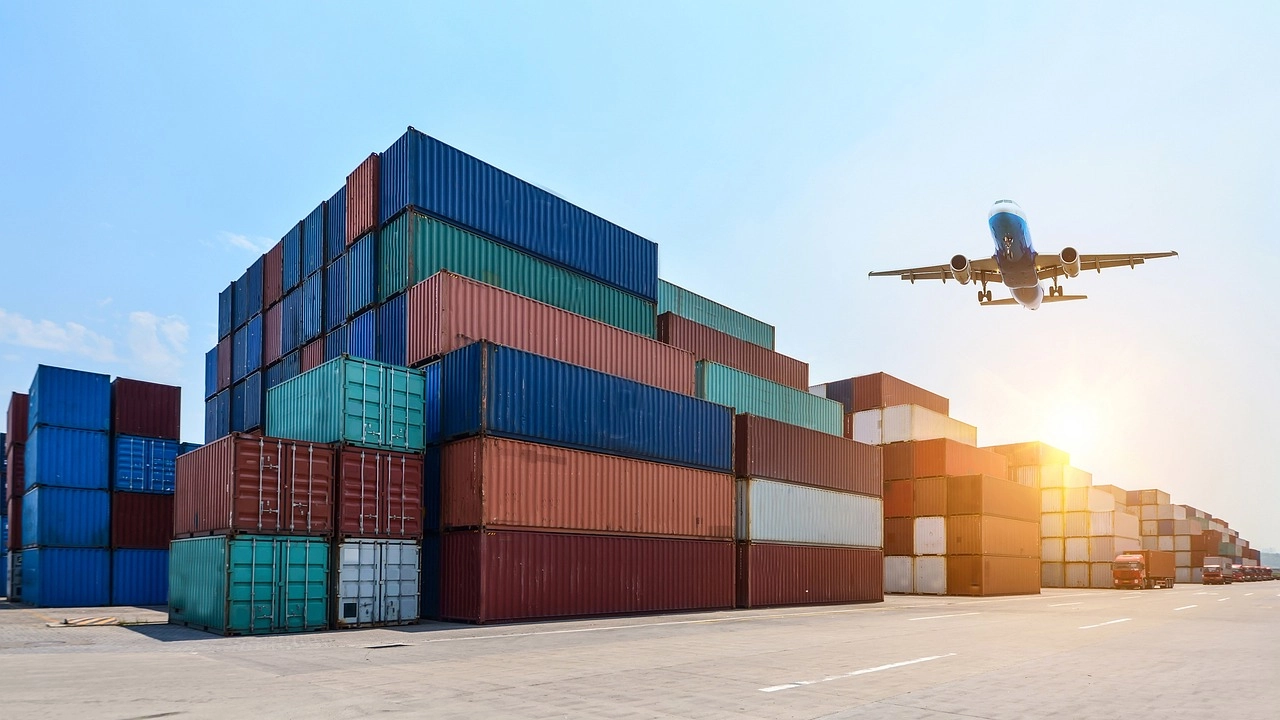Import taxes, charges, rules, and processes are just a few factors to account for importing automobiles from Dubai to India. To safeguard home industries, control international trade, and raise money for the government, India levies a variety of customs tariffs on imported automobiles. This comprehensive research on appropriate taxes and regulations as the import duty structure for cars imported into India from Dubai.
Import duty on cars in India from Dubai
Understanding Import Duties
A government tax on items imported into a nation is an import duty. In addition to protecting home industries and bringing in money for the government, these taxes regulate the movement of commodities across international borders.
Basic Customs Duty
As a proportion of the vehicle’s assessable value, the customs duty is the import duty imposed on imported products. Depending on the vehicle’s engine capacity, fuel type, and country of manufacture, the customs duty for cars imported into India from Dubai usually ranges from 60% to 100% of the vehicle’s worth.
Additional Customs Duty (Countervailing Duty – CVD)
Upon import, automobiles are subject to a countervailing duty (CVD) to the ordinary customs charge. The standard amount of CVD is 10% of the vehicle’s assessable value. By ensuring equal playing fields for both domestic and imported goods, the CVD aims to mitigate the effects of excise duty on items created domestically.
Special Additional Duty (SAD)
Special extra duty (SAD) is another tax on imported autos. It is at a standard rate of 4% of the vehicle’s assessable value. The SAD safeguards home industries further and brings in money for the government.
Goods and Services Tax (GST)
Imported cars are additionally subject to the Goods and Services Tax (GST), which is at a standard rate of 28% of the vehicle’s assessable value, in addition to customs charges. Any commodity or service used in India, including imported vehicles, is subject to the Goods and Services Tax (GST), which eliminates many indirect taxes.
- Nearly 30% of UK Drivers Believe Car Tax Should Be Based on Mileage — Survey
- Why Planes and Boats Escaped the Luxury Tax But Cars Didn’t
- Australia’s Headlight Confusion: Authorities Warn Drivers After Viral $250 Headlight Rule Goes Wild Online
- 2025 Hyundai Venue Facelift Launched in India – Full Details, Variants, and Price
- Royal Enfield Bullet 650 Unveiled at EICMA 2025: A Classic Legend Returns
Regulatory Requirements
Apart from paying customs charges and taxes, importing automobiles into India from Dubai also involves adhering to several regulatory specifications, such as:
Homologation: Before being sold in India, imports must meet safety and emission regulations as any requirements set forth by the Indian government for homologation testing and certification of automakers.
·Registration: Before driving on Indian highways, imported vehicles must be with the appropriate Regional Transport Office in India. The registration procedure entails paying registration costs and submitting the required paperwork.
Roadworthiness: Indian roadworthiness regulations, which include specifications for vehicle size, lighting, and safety features, must be met by imported automobiles.
Documentation: Several paperwork processes need to be finished by importers, such as customs clearance, duty, and tax payment, and submitting import-related paperwork to the customs authorities.
Import Procedures
There are various formalities involved in importing automobiles from Dubai to India, such as:
Obtaining Importer-Exporter Code (IEC): Before importing products into India, importers must get an IEC from the Directorate General of Foreign Trade (DGFT).
Customs Clearance: At the port of entry, where customs authorities evaluate the cars, determine customs duties and taxes, and then release the vehicles for entry into India, imported cars go through customs clearance.
Payment of Duties and Taxes: Before their automobiles get approval by customs authorities, importers must pay all applicable customs charges, GST, and other taxes.
Transportation and Delivery: Imported vehicles are shipped to their final location in India and delivered to the importer or another authorized recipient after customs clearance.
Conclusion
Importing automobiles from Dubai to India involves several factors, including import taxes, charges, laws, and regulations. The import duty structure for cars includes Goods and Services Tax (GST), special additional duty (SAD), countervailing duty (CVD), and basic customs charge. Importers must also comply with regulations regarding roadworthiness, documentation processes, homologation, and registration. The import duty on cars in India from Dubai is significantly high, often reaching up to 125% of the car’s original price. This includes basic customs duty, additional customs duty, and GST, making importing luxury vehicles an expensive proposition for Indian buyers. Being aware of these factors is crucial for individuals or companies to ensure compliance with relevant laws and regulations.
